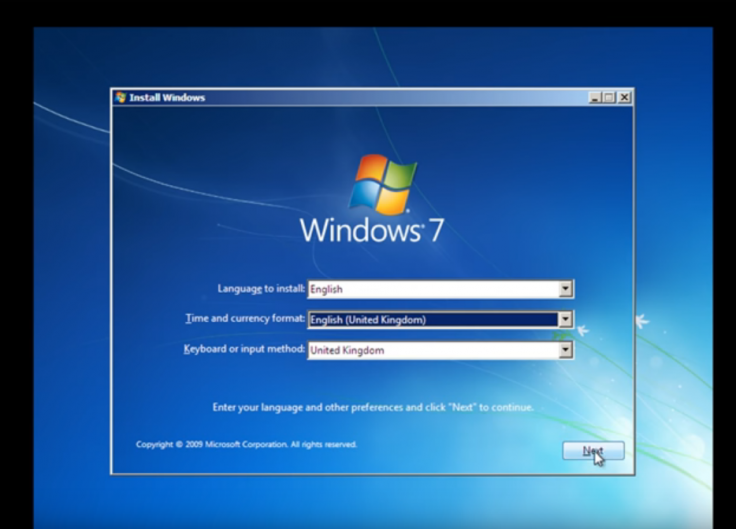By now most of us would already know that Windows 7 is officially dead. Microsoft ended its extended support for its Windows 7 OS on January 14, meaning that Windows 7 won't receive any more updates or security patches which in turn means your PC will be more vulnerable to all the nasty malwares out there.
Microsoft has even urged users to upgrade to Windows 10 to keep their data and PC safe from any untoward mishaps. But if you've not updated your PC or laptop to Windows 10 and are still sticking to Windows 7, that's a really bad idea and you must consider upgrading to Windows 10 immediately because as we mentioned already Windows 7 is now more prone to hacking.
UK government body's appeal

According to the latest reports coming from the UK, the government has warned its citizens from using online banking sites and apps or accessing sensitive accounts on devices running Windows 7. The warning has been reportedly issued by the UK'S Nation Cyber Security Centre (NCSC) which is the UK government's body that monitors the nation's cybercrime activities.
The NCSC is encouraging people to upgrade from the now obsolete Windows 7 as soon as possible, following Microsoft's 2019 decision to stop providing technical support for the popular computer operating system.
An NCSC spokesman told: "We would urge those using the software after the deadline to replace unsupported devices as soon as possible, to move sensitive data to a supported device and not to use them for tasks like accessing bank and other sensitive accounts."
The government body also suggests that users consider accessing email from a different device.
Windows 7 popularity
Windows 7 is one of the most popular computer OSes after Windows XP and even after 10 years of its official release, there are some more than 440 million users throughout the world who are still using Windows 7, according to a The Telegraph report.
Statistical data by analytics vendor Net Applications shows that Windows 7 is still a popular OS running on at least 32.8 percent of all PCs running Windows operating system as of September 2019. But the OS is certainly on a downslide with a forecast from PC magazine Computerworld suggesting that Windows 7's share of the pie would be near 28 percent by the end of January 2020. And although it is just a prediction, that is still a high number. However, we feel that following the stoppage of support, Windows 7 will continue to decline at a faster pace.
Windows 10 is slowly but steadily gaining ground. The OS beat Windows 7's market share early last year. The latest Microsoft OS is currently running on almost 60 percent Windows-powered PCs, and that number is only going to get higher now.
Why don't people upgrade?
One of the reasons for the public hesitancy to upgrade to Windows 10 is lack of software support on the newer version. Because even though Windows 10 is more secure than Windows 7, it still doesn't support a lot of the popular softwares which are otherwise supported by Windows 7.
But Microsoft has been working on fixing this for quite some time now and we should see more apps and software being supported by Windows 10. The other reason, of course, is the cost of upgrading.
Microsoft's assurance to businesses using Windows 7
Meanwhile, Microsoft has said that it will provide an additional three years of security support for businesses using Windows 7. Other users can also purchase a package of updates, but they would still be at a greater risk of hacking and malware. So, if you're still using Windows 7, we recommend you upgrade to Windows 10 ASAP.









